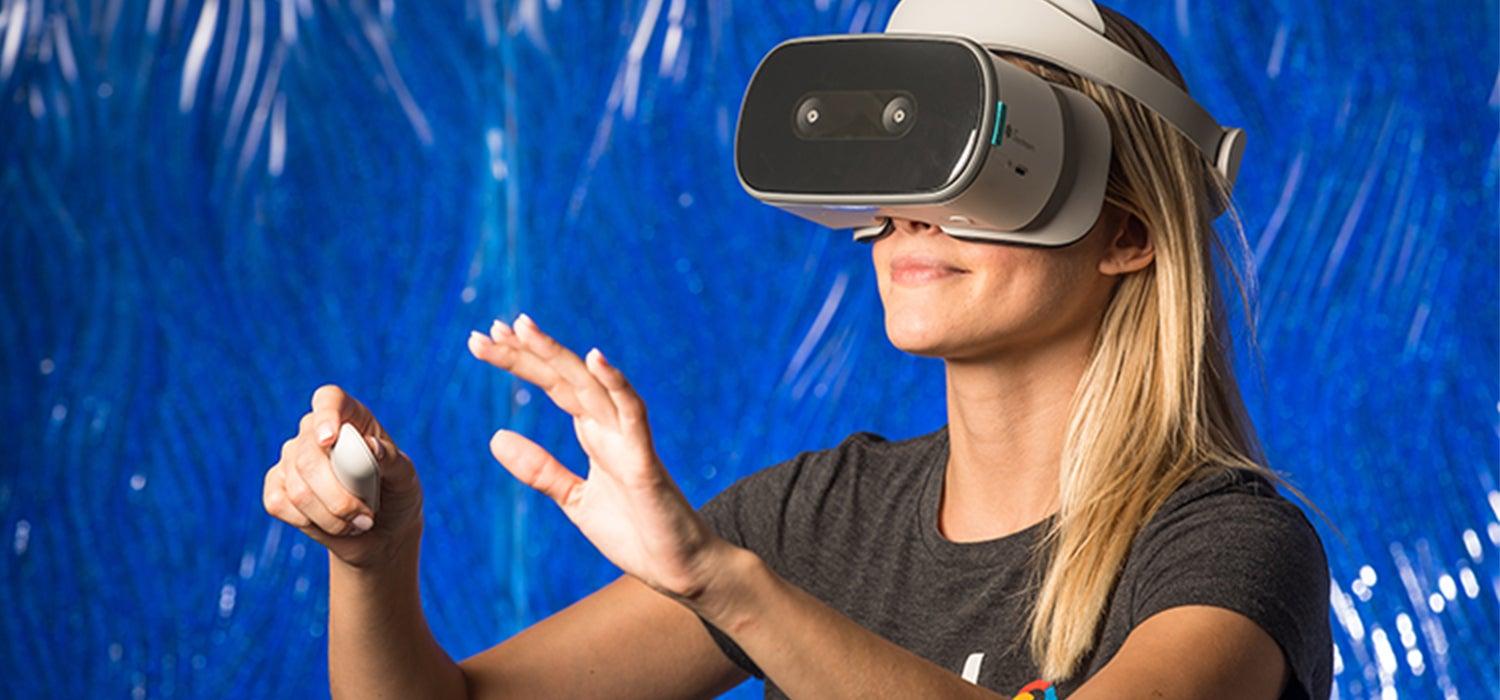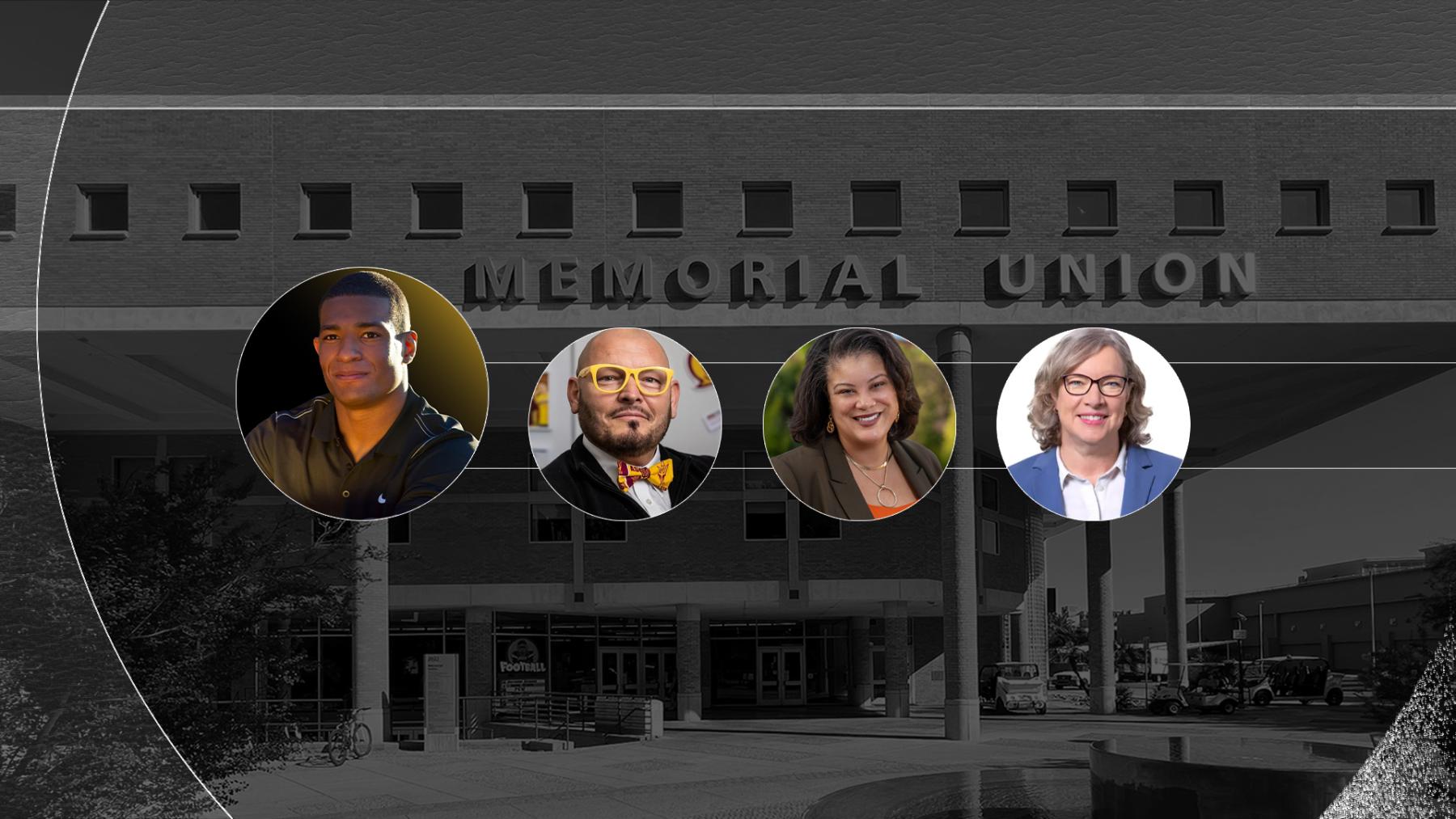
EdPlus: Pushing the boundaries of STEM in online learning
As digital immersion learning continues to gain traction, so too does the need to put some of the most difficult topics and materials into online format. The demand for STEM offerings increases exponentially year over year, and it is not surprising that some of the degrees that are seeing the highest demand are in the areas of Science, Technology, Engineering and Mathematics. ASU offers a wide variety of STEM degrees in their digital immersion offerings, but the challenge is truly in pioneering a space to make STEM learning commonplace in the online portfolios of most schools.
While we see a great deal of offerings in the space of engineering from the Ira A. Fulton Schools of Engineering, the unprecedented demand has led to collaborative offerings in the space of Open Scale learning with partners such as Coursera where the Master of Computer Science is offered as the first ASU Open Scale degree program(for more information: https://www.coursera.org/degrees/master-of-computer-science-asu).
This new model for graduate learning is focused on the foundational tenets of accessibility of learning, global reach, the need for computer science skills as we create the jobs of tomorrow, as well as the ability to provide learning from some of the greatest minds in the industry — our research faculty. This innovative offering is only the beginning of what is to come in the world of STEM education.
At the undergraduate level, the College of Liberal Arts and Sciences has embraced digital immersion as a means to teach physical sciences, releasing degrees in Biological Sciences and Biochemistry in Fall 2017. In a one-year period, interest for these offerings has generated over 800 admitted students in Biological Sciences and over 400 admitted students in Biochemistry. This demand has other academic units working to determine the best way to onboard new digital immersion offerings as part of their robust portfolios, which will inevitably lead to more degrees of this type in graduate education.
Our strong partnerships with the edtech community and ASU’s reputation as an innovation and technology leader affords us the ability to find partners and help us create the future of education in digital immersion. One of the biggest challenges of onboarding degrees in life sciences was how to teach traditional laboratory courses in an online space. In Biological Sciences, Dr. Michael Angilletta led a team that created the first ever Virtual Reality Lab environment for a Biology course online. In partnership with Labster, Google and EdPlus, the Virtual Reality Lab was created to bring the teaching of STEM into the living rooms of those enrolled in the course, and in many cases, to those who were unable to access a traditional lab.
As we reflect on the learnings to-date from the many STEM offerings within the digital immersion space, we know that we have almost unlimited potential moving forward. ASU will continue to reflect on our mission of bringing access and scale to learners worldwide and in the STEM space, we know this work will be incredibly impactful as we continue to innovate in higher education.
More stories from the Graduate Insider

Unstoppable: Lessons in Adaptability from Anthony Robles

How graduate students can harness AI in the job search
